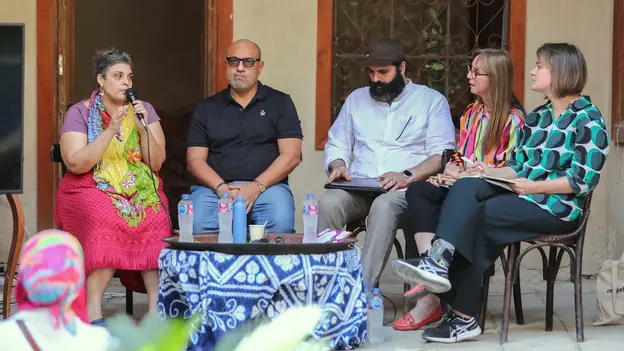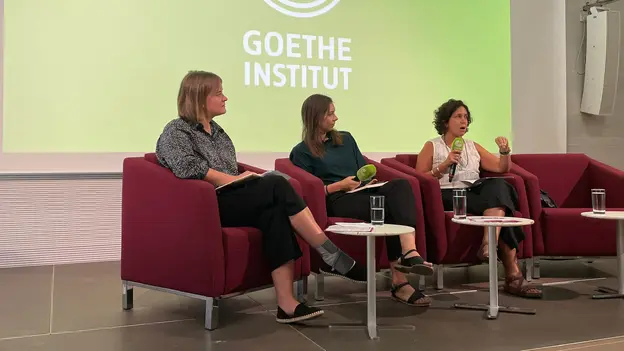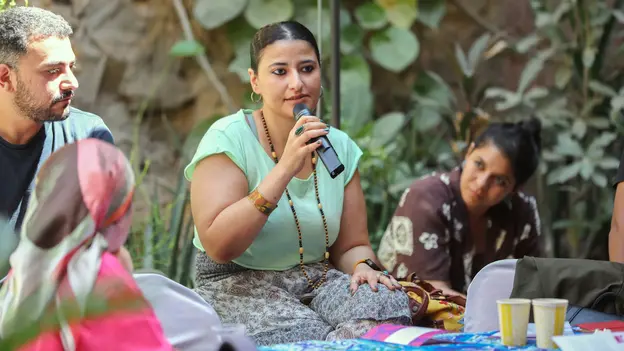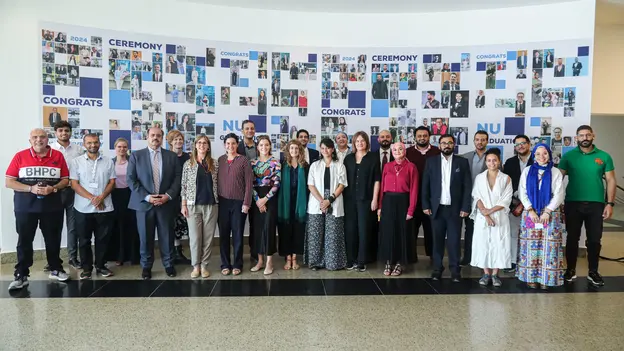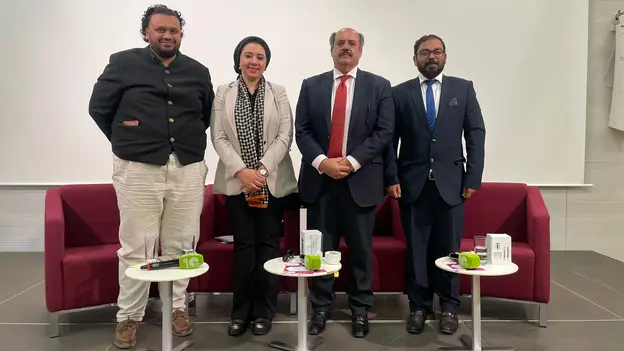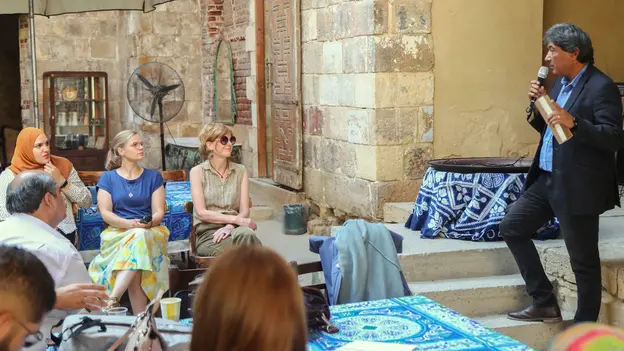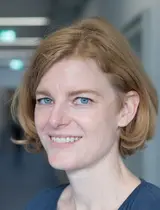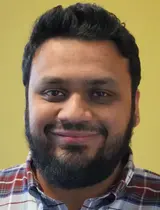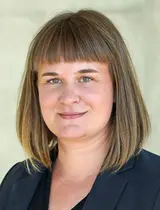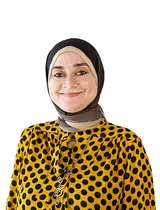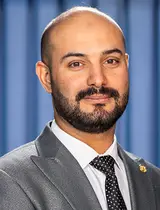Working Group Meeting
Rethinking Knowledge Through Arts, Science, and Culture
Transdisciplinary Workshop
The concepts of knowledge and knowledge transfer are fundamental to science and societal innovation. Knowledge transfer involves the sharing of information between individuals or groups through diverse channels, including formal education, casual conversations, and digital platforms. Art significantly contributes to this process, enhancing the transmission of knowledge by fostering emotional engagement and allowing for a more profound comprehension of complex topics. Creative forms like visual arts, music, theatre, and literature not only convey knowledge but also transform it into an immersive experience.
This workshop of the Working Group Dynamics of Transformation brings together scholars, artists, and experts to engage in a critical examination of knowledge exchange across disciplinary boundaries. The workshop focuses on innovative methods of knowledge dissemination, emphasizing the intersection between the arts and sciences. Participants explore how interdisciplinary and transdisciplinary collaboration could enhance the accessibility and impact of knowledge across diverse social contexts.
Art as a medium for knowledge dissemination
A prominent theme is the role of art in facilitating knowledge transfer. The discussions consider how artistic practices, such as photography, ethnographic exhibitions, and theater, could serve as powerful tools for communicating complex ideas and fostering public engagement.
Our discussions with well-known artists and cultural managers in Egypt showed us, that artistic methods of knowledge transfer go far beyond easy transmittable intentions. They focus explicitly on emotional knowledge, non-institutionalized approaches and the relevance of diversity in languages, thereby promoting deep dialogues with the audiences in a world with increasing social and political challenges.
Colonialism and epistemic power
A significant portion of the dialogue addresses the historical dimensions of knowledge production and transfer, particularly in relation to colonialism. A museum case study to analyze how colonial legacies have shaped the circulation and control of knowledge focuses on silencing Algerian voices in official narratives of French colonial history. The workshop also examines the challenges of transmitting knowledge in contexts marked by war and conflict. Here, the focus lies on less explicit knowledge, such as the nuanced skills of a master artisan, the intuitive understanding of a seasoned educator, or the implicit cultural insights of community members. Special attention was given to processes by which this tacit knowledge is transformed into explicit, communicable forms in precarious environments.
Public Engagement through arts and archives
In addition to academic discourse, public panels in cooperation with the Goethe film week are held to discuss the role of archives and storytelling, particularly in the medium of film. These discussions highlight the cultural importance of family archives and storytelling traditions as vital means for preserving and passing down knowledge. The panel reflects, the continuous interest of AGYA members in archives as a means of knowledge transfer with earlier projects having been conducted on Digitising Intangible Heritage, Societal Change in South Lebanon and the Postcolonial History of the Arab Region.
Cultural diplomacy and soft power
In today's knowledge economy, the emphasis is placed on being 'in the know'. As researchers, even if we are aware of all the unknown variables that mess up a simple story, we can be tempted to present something as a fixed truth, despite knowing that what it 'is' is always changing – be this in theoretical physics or neighbourly interactions.
Another key topic is the strategic role of cultural diplomacy in international relations, especially within the Middle Eastern context. Participants analyze how cultural exchange programs and artistic initiatives function as instruments of soft power, shaping transnational relations and fostering mutual understanding.
The workshop, taking place at diverse locations in Cairo including Nile University, Bayt Yakan and Goethe-Institut, facilitated meaningful interdisciplinary exchange. By bringing together a diverse group of participants from various academic and cultural backgrounds across Germany, Arab countries and beyond, the event promotes international collaboration and advances dialogue on the transformative potential of knowledge transfer. The discussions underscore the importance of creative and interdisciplinary approaches in addressing complex societal challenges.
The dynamic sessions of the workshop explored the different facets in how academia engages with society and the limitations that arise. In many ways, this was a call for humility, understanding, and caution when working in our academic fields and building bridges to society.
- Disciplines Involved
- Humanities, Sociology, Legal Studies, Middle East Studies, International Relations, Political Science, Cultural & Media Policy, Law
- Cooperation Partners
- Goethe-Institut, Cairo, Egypt
- Nile University, Giza, Egypt
- Academy of Scientific Research and Technology (ASRT), Cairo, Egypt
- Event Dates
- 19 - 23 September 2024
- Venues
- Goethe-Institut, Cairo, Egypt
- Nile University, Giza, Egypt
- Bayt Yakan, Cairo, Egypt
- ARD Art Institution, Cairo
- Project Title
- Knowledge Transfer: Interdisciplinary Approaches between Arts, Science, and Society
- Year
- 2024
- Funding Scheme
- Working Group Meeting
- Working Group
- Dynamics of Transformation
- Countries Involved
- Egypt, Algeria, Iraq, Morocco, Germany, Tunisia, France, Pakistan
